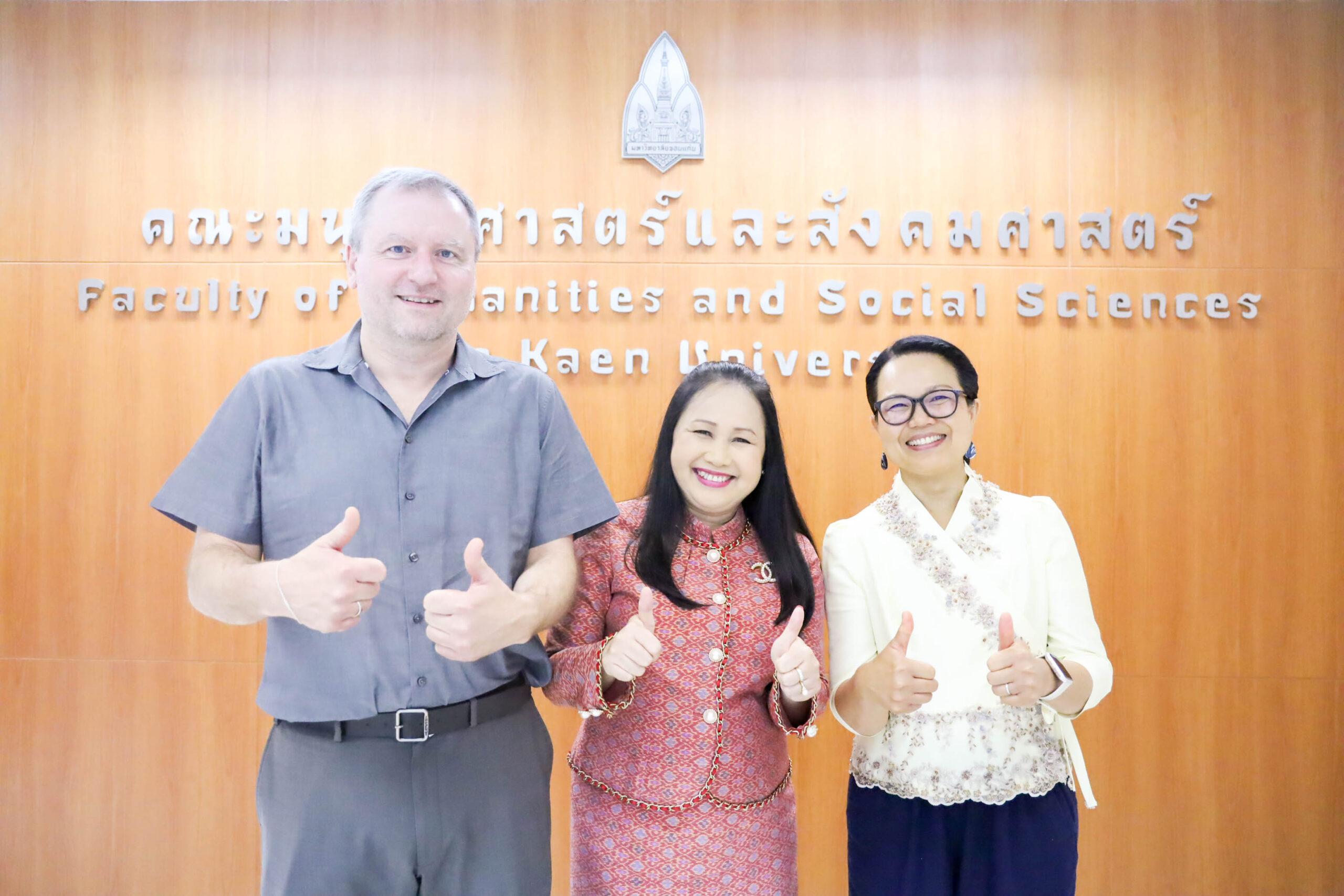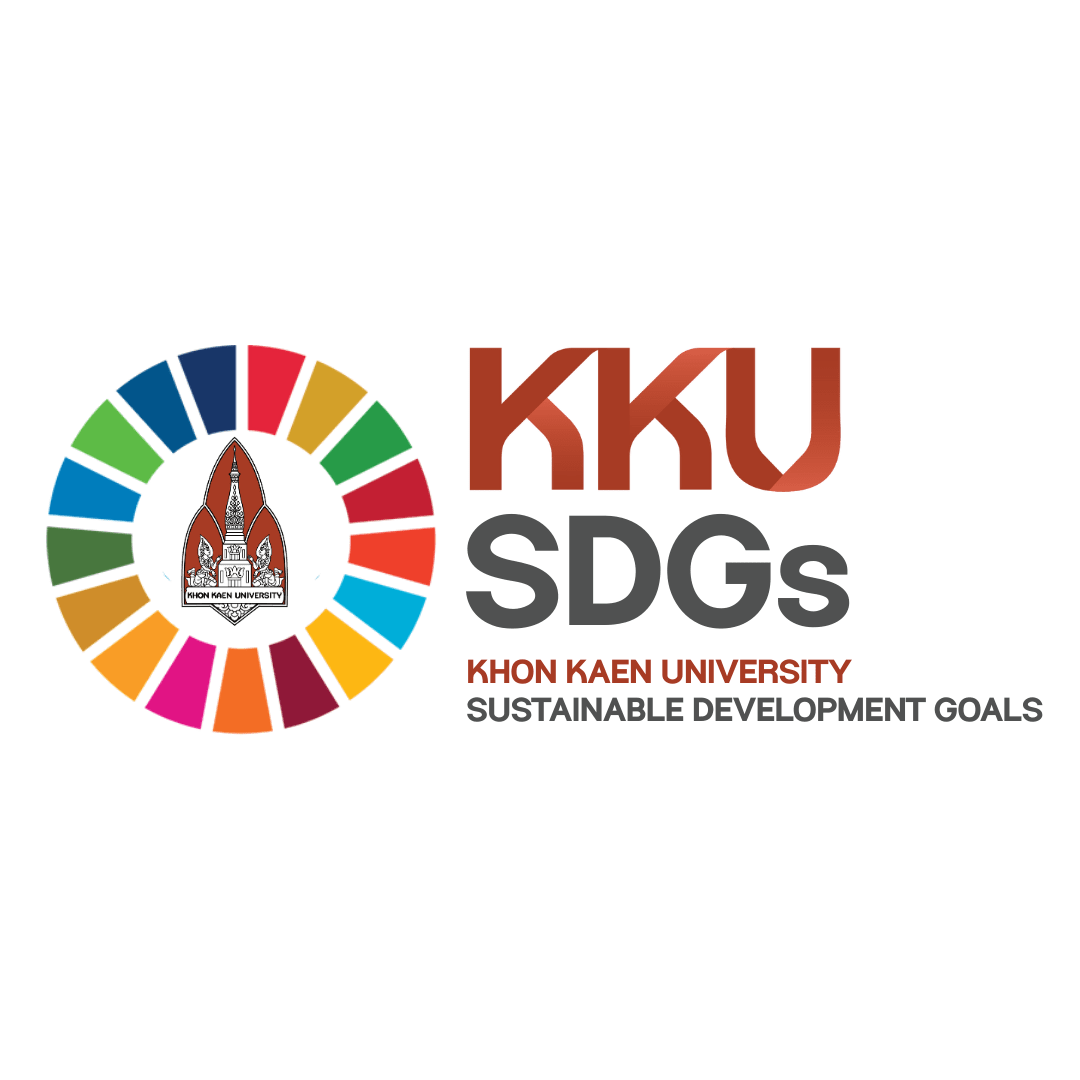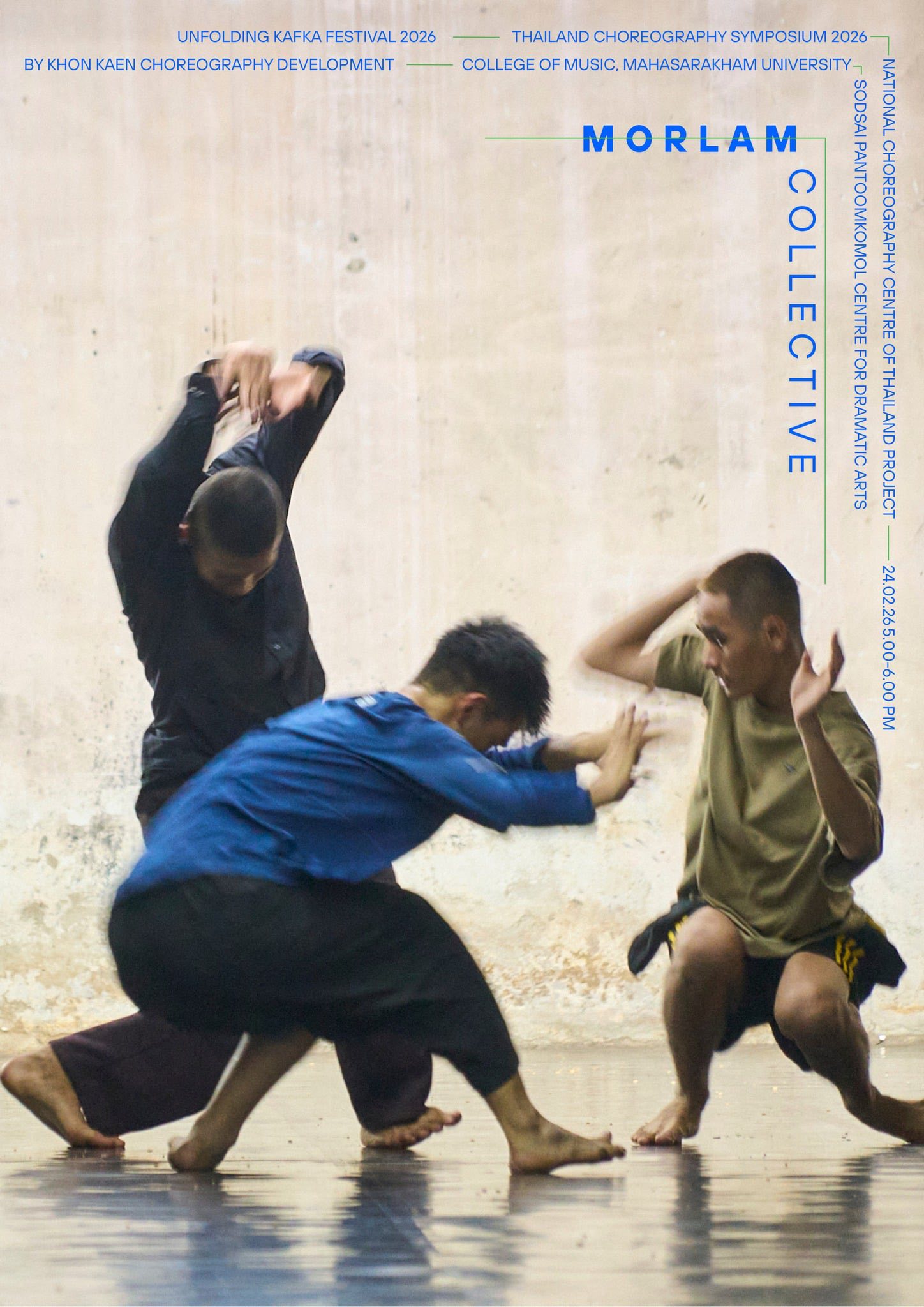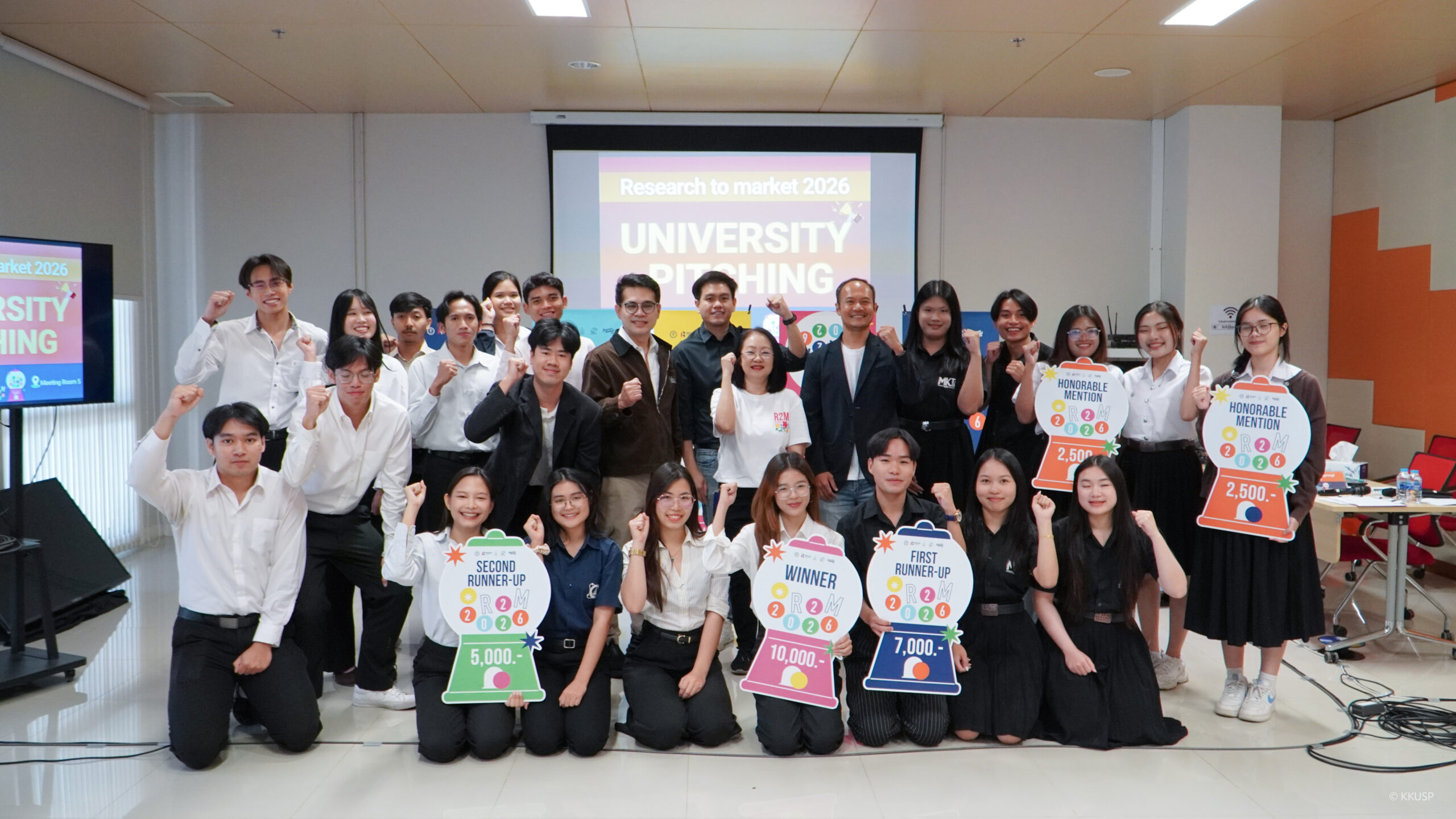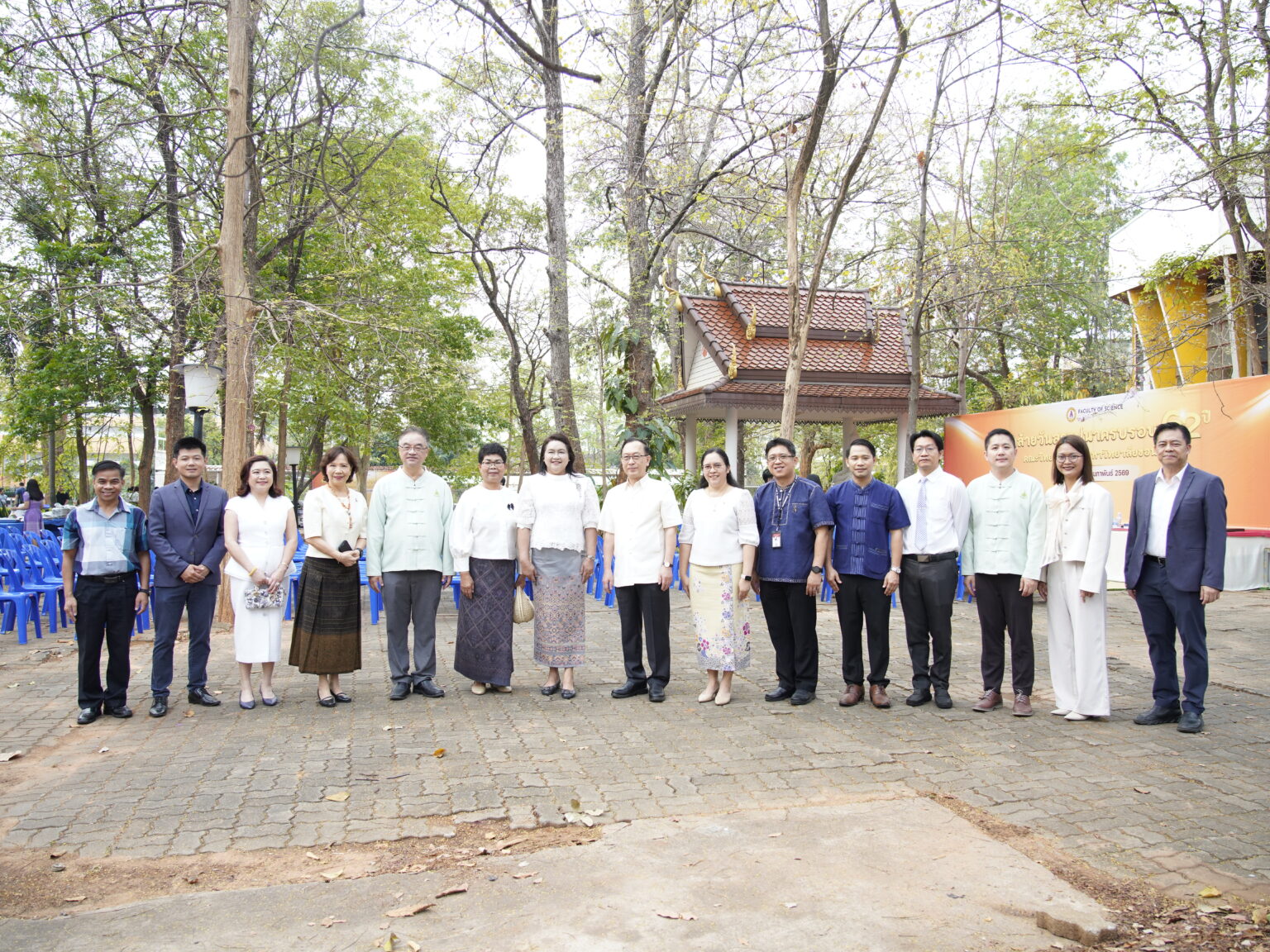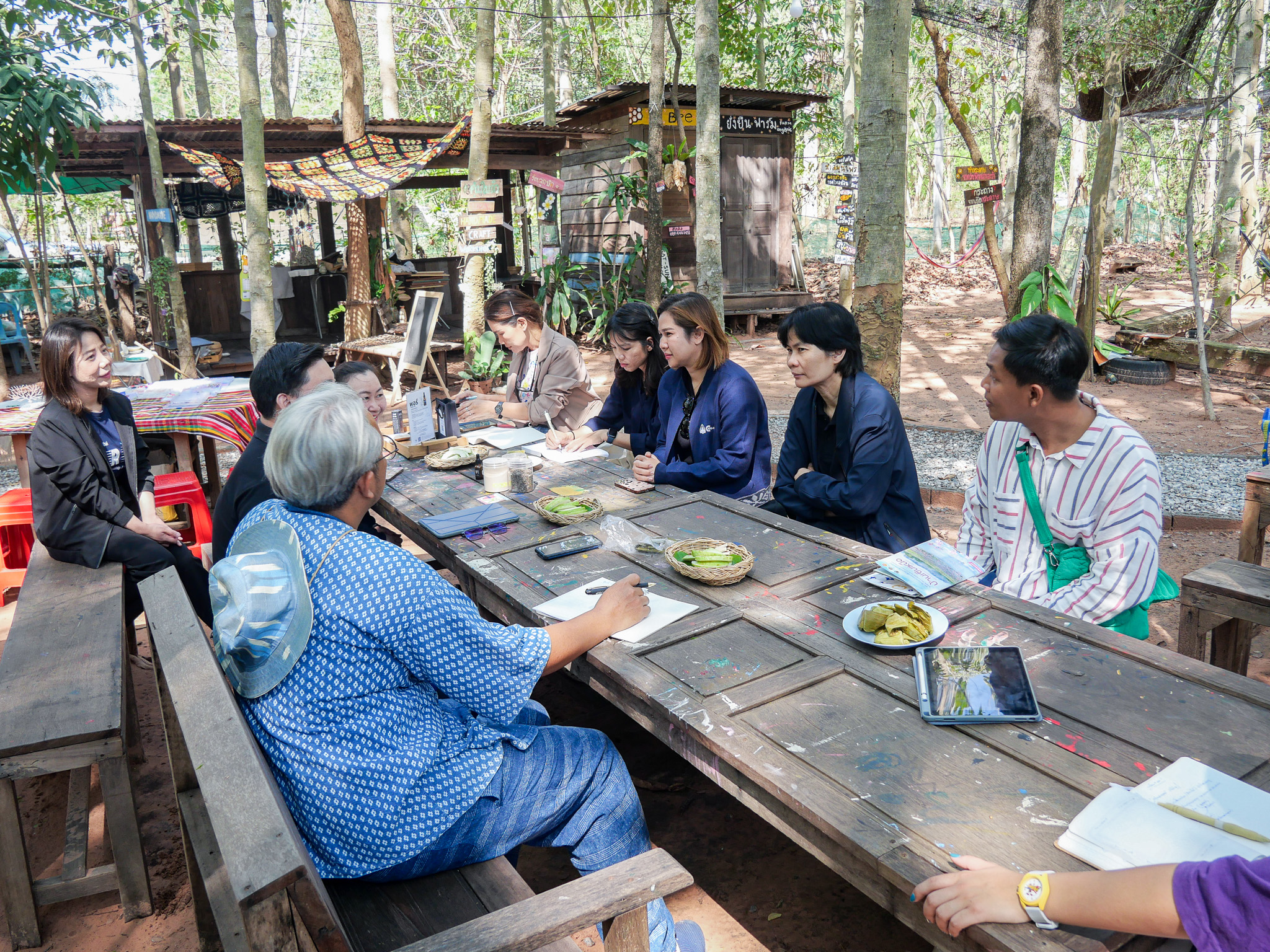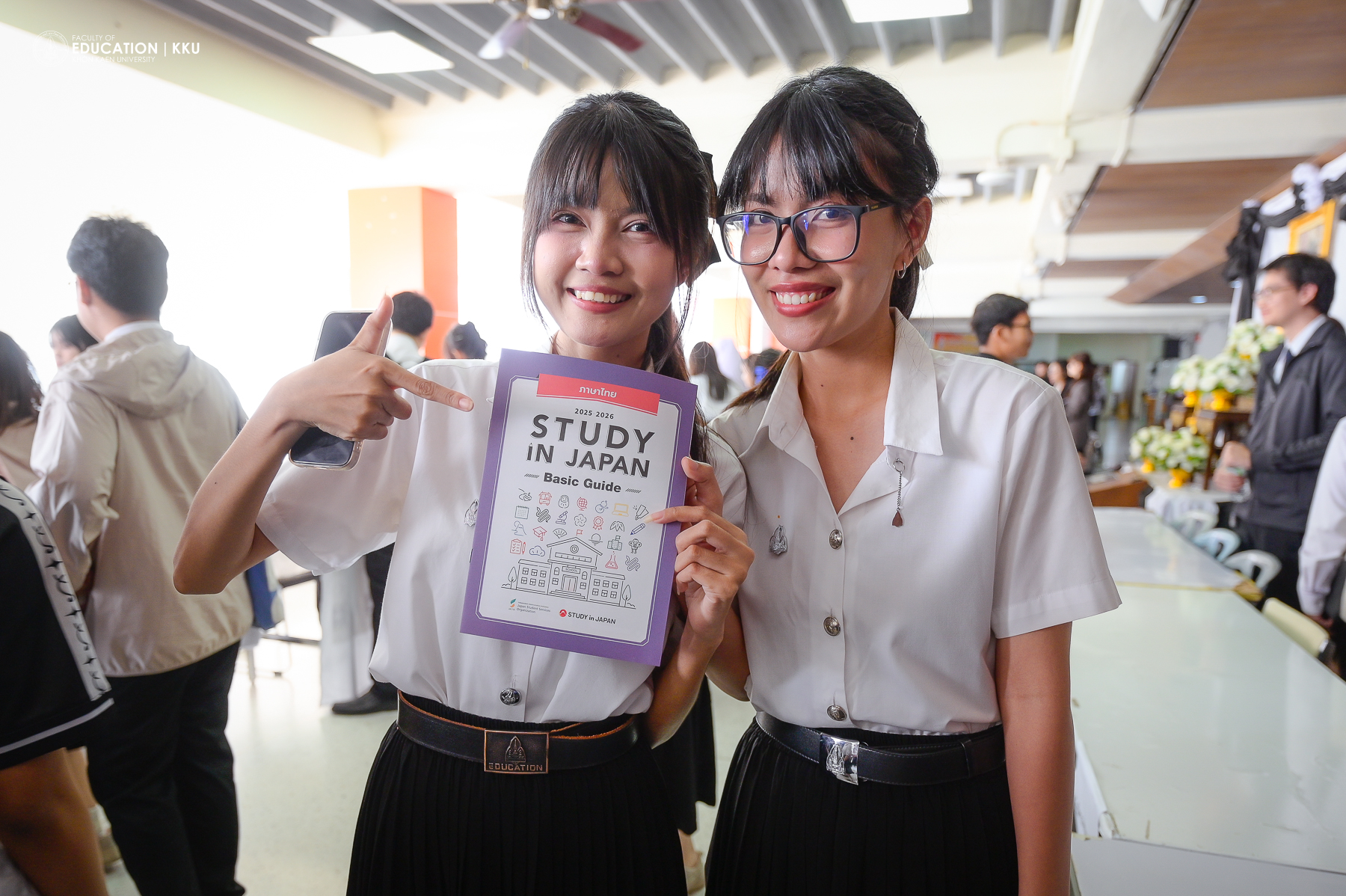July 29 is recognized as National Thai Language Day, a date set aside to honor the significance of the Thai language as a national heritage that preserves Thai wisdom and culture through the ages. This year, the Faculty of Humanities and Social Sciences, Khon Kaen University, has taken the Thai language to the international stage by establishing the Thai Language and Culture Center in Leeds, United Kingdom. This initiative is a collaboration between Khon Kaen University, the University of Leeds, and Wat Buddharam Leeds, creating a tangible platform for learning Thai language and culture abroad.
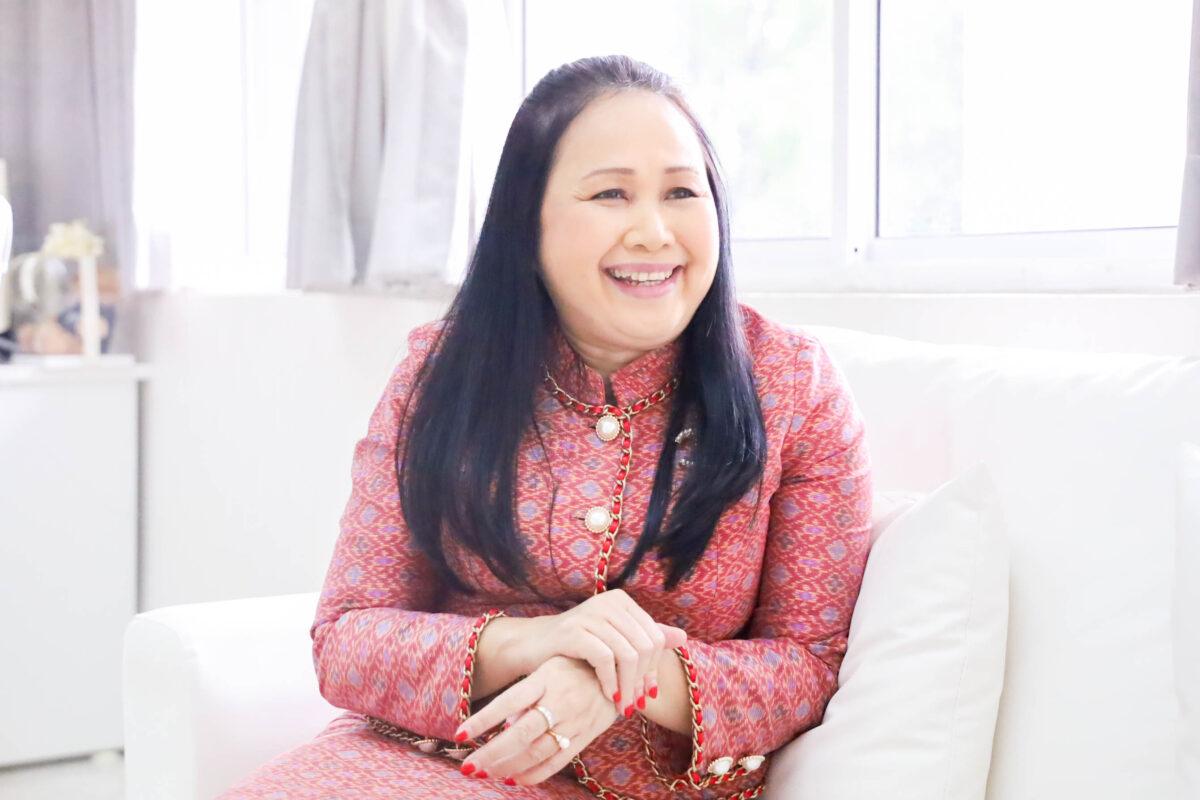
Assoc. Prof. Orathai Piayura, Ph.D., Dean of the Faculty of Humanities and Social Sciences, explained that the project aims to convey the identity of the Thai language and culture to younger generations, in line with the faculty’s vision to become “a world-class leader in humanities and social sciences.” The program particularly targets Thai–British youth living abroad and foreigners interested in learning Thai language and culture. This aligns with the university’s mission of “Dedication to Society”, which emphasizes creating benefits and sustainable impact both nationally and internationally.
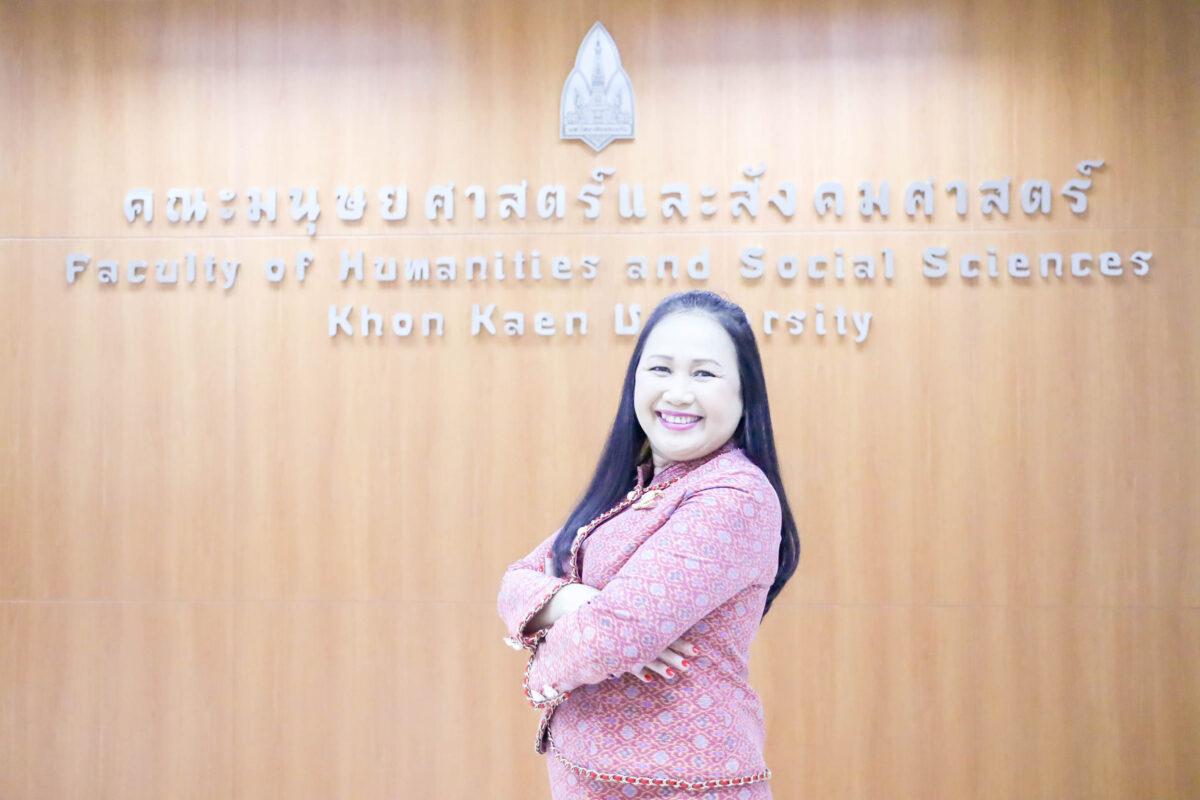
The faculty has long offered Thai language programs for international learners, with more than 200 students from countries such as Japan, China, and France enrolling each academic year. This demonstrates the continued global interest in the Thai language and its potential as a tool for fostering cross-cultural understanding.
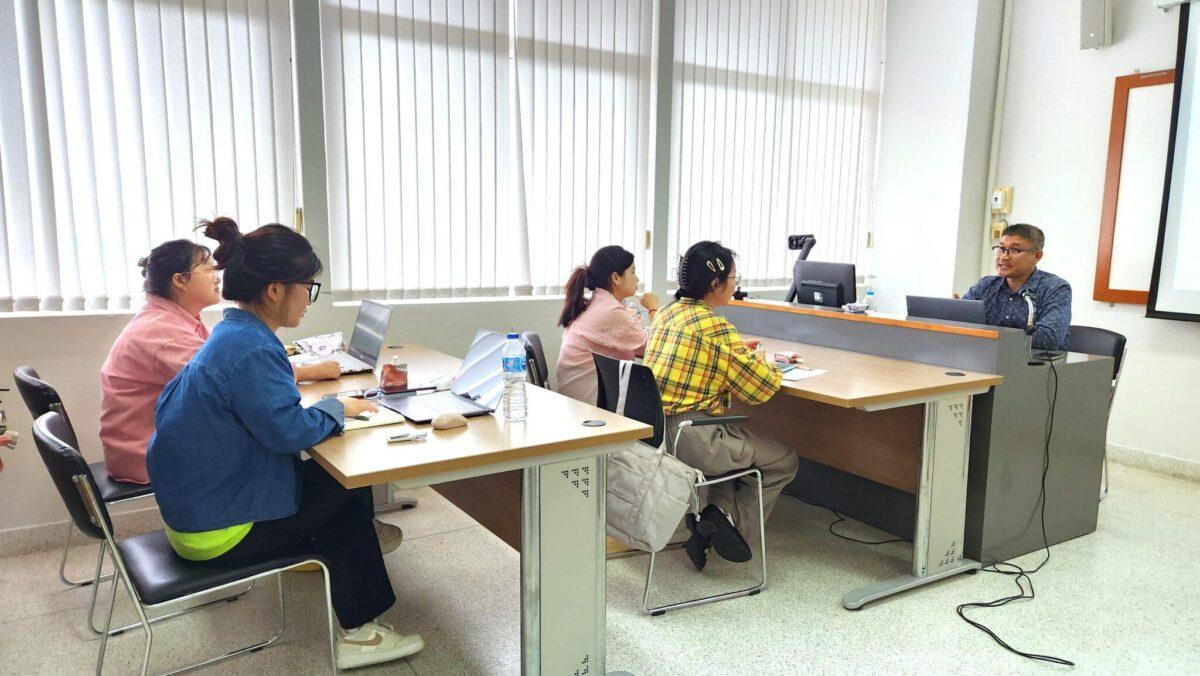
Building on this momentum, the Thai Language and Culture Center in Leeds will launch a pilot course from August 11 to 22, 2025, free of charge. The course focuses on practical Thai for daily communication, integrated with cultural experiences such as traditional Thai singing, dancing, and craft-making activities, offering participants an enjoyable and immersive learning experience.
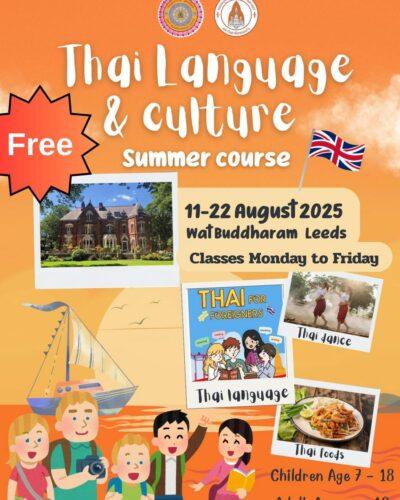
Beyond language acquisition, the program embraces the diversity of today’s cultural landscape. Assoc. Prof. Orathai stated, “We live in an era of linguistic and cultural diversity. Our teaching approach prioritizes Standard Thai while incorporating new expressions that reflect the evolving nature of language. The goal is to ensure learners can use Thai effectively in real-life situations while maintaining proper language levels appropriate to different social contexts.”
The center also serves as a platform for KKU students to undertake cooperative education placements in the UK, providing opportunities to teach Thai in authentic settings and engage in cultural exchange with international peers. Faculty members from the University of Leeds will contribute to the center’s activities, fostering a deep intercultural learning environment.
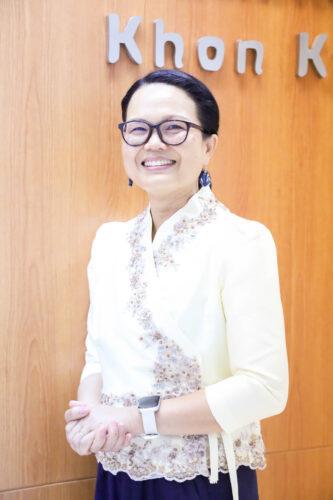
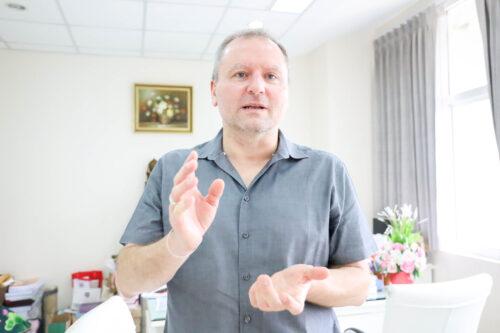
Professor Martin Seeger and Ms. Adcharawan Seeger from the School of Languages, Cultures and Societies, University of Leeds, emphasized the unique location of the program: “Wat Buddharam is just 500 meters from the university. Crossing the park feels like stepping into a little Thailand, offering an authentic atmosphere that enriches the learning experience. It’s not only a language classroom but also a space for profound cultural exchange.”
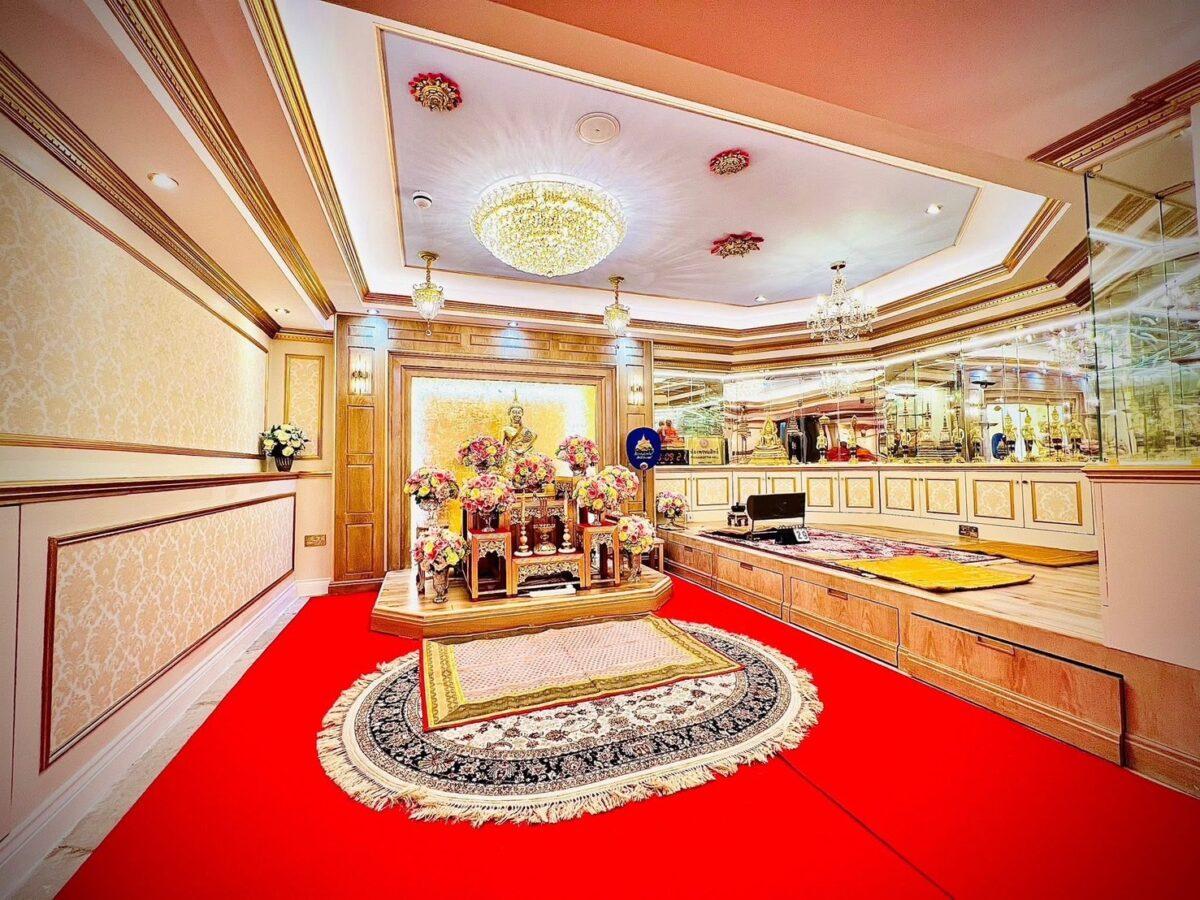
The center aims to make Thai language learning more accessible abroad, helping Thai children in overseas communities stay connected to their cultural roots while offering international students valuable cultural and linguistic exposure. For University of Leeds students, participation in the program provides a distinctive academic experience and enhances employability by showcasing intercultural skills in future career portfolios.
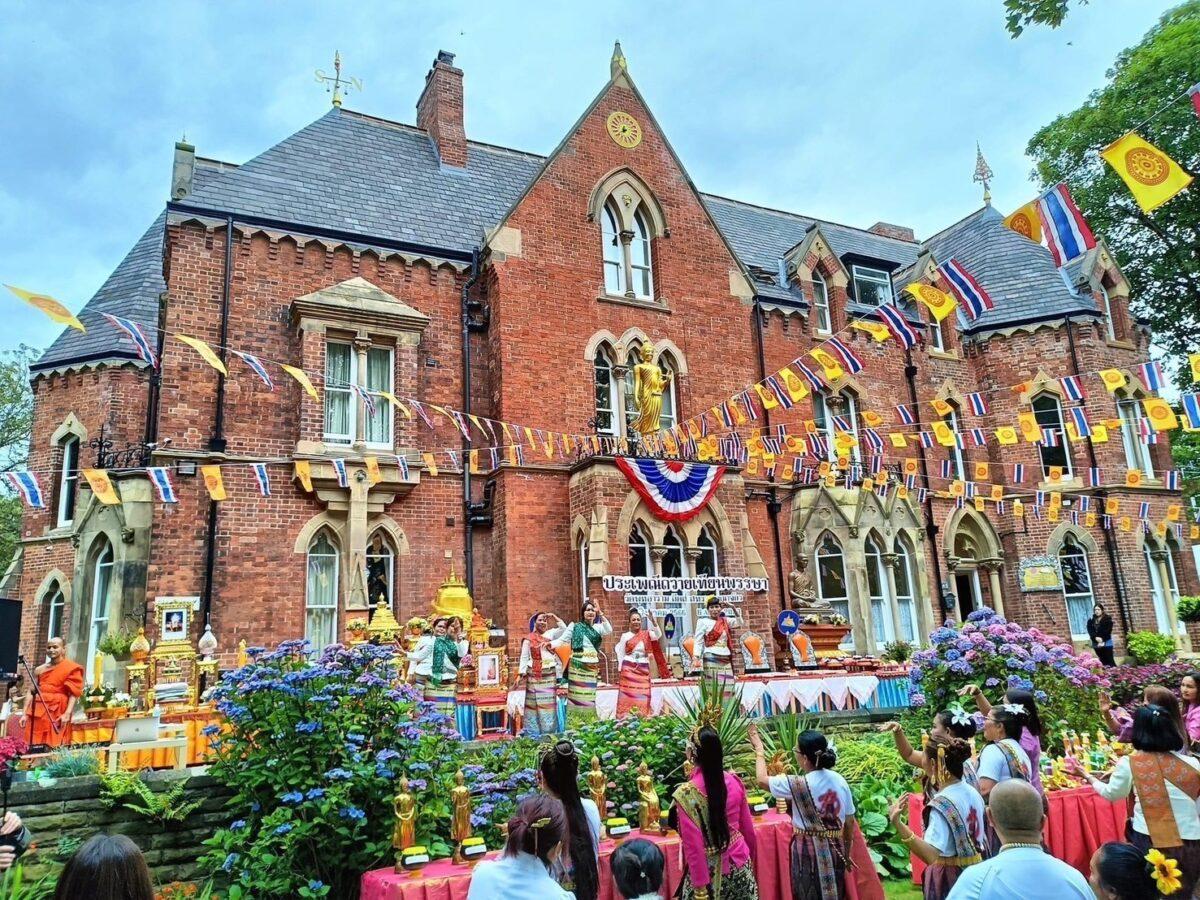
Looking ahead, Khon Kaen University plans to expand similar centers to other countries with large Thai communities, such as Germany and Denmark. If this pilot program proves successful, it will pave the way for a more comprehensive global system of Thai language education.
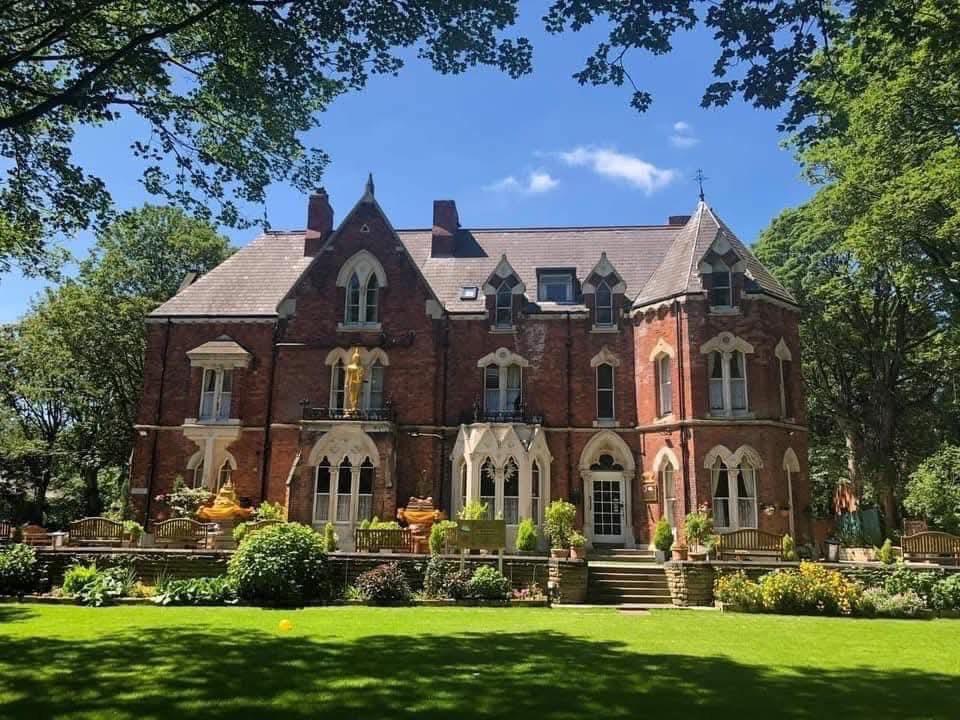
On this National Thai Language Day, Khon Kaen University proudly reaffirms its commitment to promoting the Thai language—not only as the foundation of Thai identity but also as a form of Soft Power that strengthens cultural understanding and international friendships for a sustainable future.

